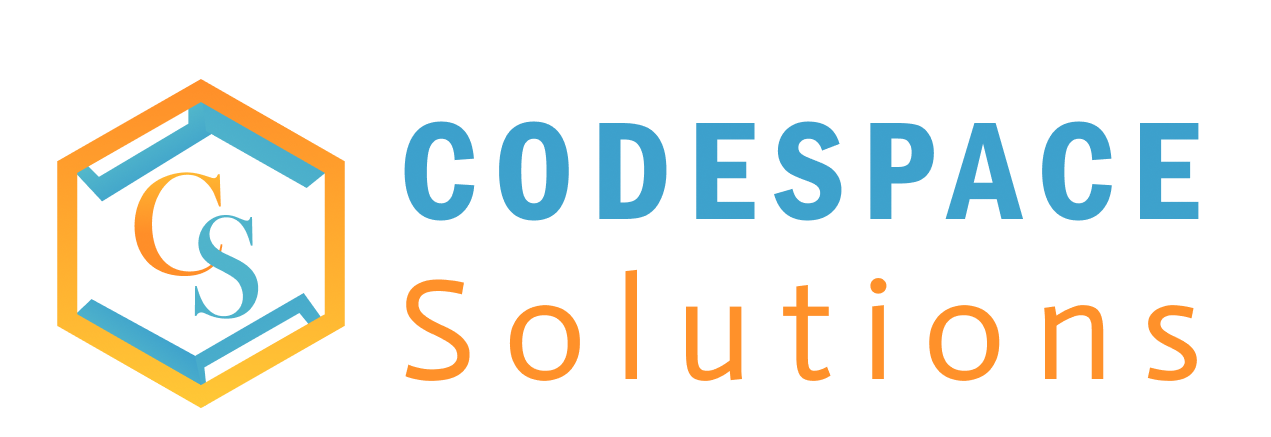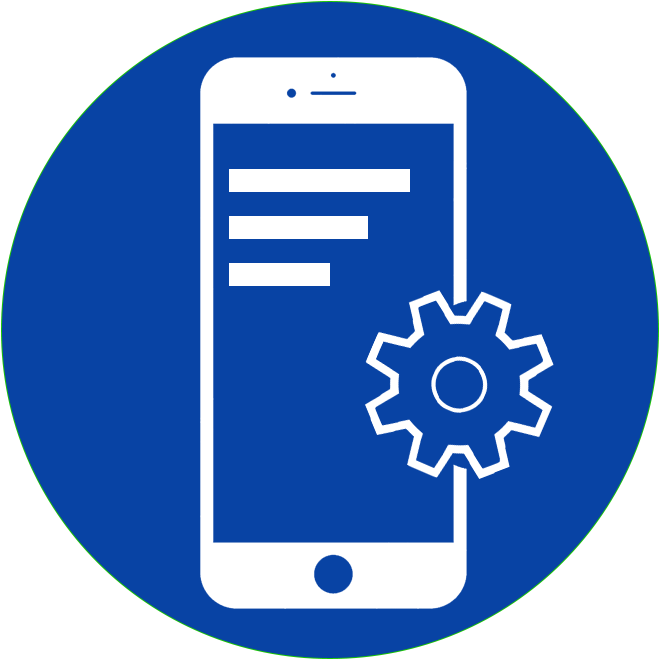App development involves creating applications for mobile devices, desktops, or web platforms, enabling users to perform specific tasks. Here’s an overview of key aspects and methodologies:
Types of App Development
- Mobile App Development:
- Native Apps:
- Built specifically for a single platform (e.g., iOS or Android).
- Languages:
- iOS: Swift, Objective-C.
- Android: Kotlin, Java.
- Cross-Platform Apps:
- Developed using a single codebase for multiple platforms.
- Frameworks: Flutter, React Native, Xamarin.
- Hybrid Apps:
- Use web technologies (HTML, CSS, JavaScript) wrapped in a native shell.
- Frameworks: Apache Cordova, Ionic.
- Native Apps:
- Web App Development:
- Run in a browser and don’t require installation.
- Types: Progressive Web Apps (PWAs), Single Page Applications (SPAs).
- Technologies: HTML, CSS, JavaScript, React, Angular.
- Desktop App Development:
- Apps for Windows, macOS, or Linux.
- Frameworks: Electron, Qt, .NET, JavaFX.
- Game Development:
- For mobile or desktop platforms.
- Engines: Unity, Unreal Engine, Godot.
Development Process
- Planning:
- Define goals, target audience, features, and platform(s).
- Create user personas and user stories.
- Design:
- Develop wireframes, prototypes, and UI/UX designs using tools like Figma or Adobe XD.
- Prioritize user-friendly and responsive designs.
- Development:
- Frontend: Focus on user interface and interactivity.
- Backend: Handle logic, database, and server-side operations.
- APIs: Enable communication between frontend and backend.
- Testing:
- Functional, performance, usability, security, and device compatibility testing.
- Tools: Appium, Selenium, BrowserStack.
- Deployment:
- Mobile Apps: Publish on App Store (iOS) and Google Play Store (Android).
- Web Apps: Host on servers or cloud platforms (e.g., AWS, Firebase).
- Desktop Apps: Use package managers or direct downloads.
- Maintenance:
- Regular updates, bug fixes, and new features.
Popular Tools and Frameworks
- Mobile Development:
- Flutter (Dart), React Native, Swift, Kotlin.
- Backend:
- Node.js, Django, Ruby on Rails, Spring Boot.
- Databases:
- Firebase, MongoDB, PostgreSQL, SQLite.
- Cloud Platforms:
- AWS, Google Cloud, Microsoft Azure.
Trends in App Development
No-Code/Low-Code Platforms: Faster development with minimal coding.
5G Technology: Enhanced speed and performance for mobile apps.
AI/ML Integration: Smart features like chatbots, personalization, and predictive analytics.
IoT Integration: Apps connecting with smart devices.
Blockchain: Secure transactions and decentralized apps (dApps).
AR/VR Apps: Immersive experiences for gaming, shopping, and training.

